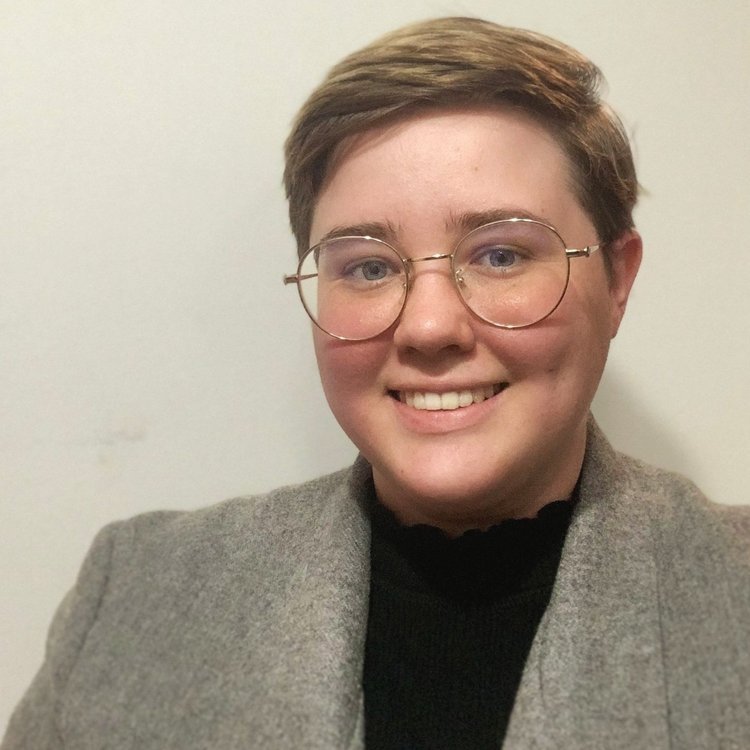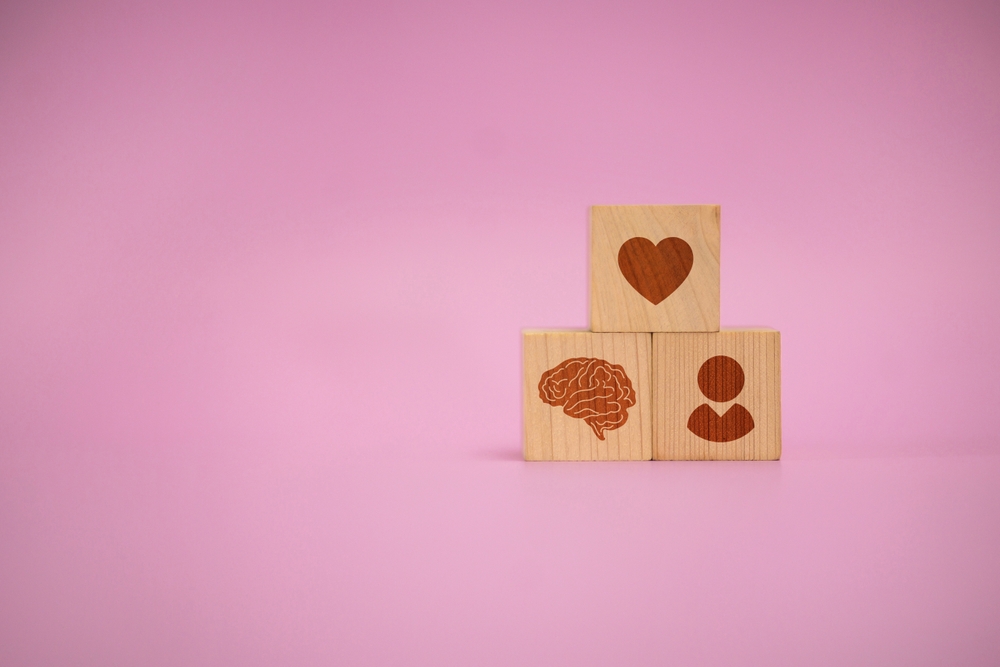
ADHD in Adults: More Than Just Forgetting Your Keys

When most people hear “ADHD,” they picture a fidgety child who can’t sit still in class. But for millions of adults, ADHD isn’t something they outgrew after middle school—it’s a daily reality that affects everything from career success to personal relationships. Adult ADHD often flies under the radar, misunderstood as character flaws rather than a legitimate neurological condition.
The Adult ADHD Experience: “Why Can’t I Just Get It Together?”
Imagine having a brain that’s simultaneously racing with ideas and struggling to focus on the task at hand. You’re smart and capable, yet you consistently miss deadlines or forget important appointments. Your desk is a chaotic landscape of half-finished projects. Your friends joke about your chronic lateness, not realizing how much you genuinely struggle with time management.
This is the reality for adults with ADHD, who often face judgment for symptoms they cannot simply “try harder” to overcome.
How ADHD Shows Up Differently in Adults
Unlike the hyperactive child bouncing off classroom walls, adult ADHD often presents more subtly:
The Inattentive Side
- That report you’ve been “almost finished with” for three weeks
- The stack of mail you can’t bring yourself to sort through
- The conversation where you nodded along while your mind wandered elsewhere
- The chronic procrastination that leaves you pulling all-nighters to meet deadlines
- The essential items you’re constantly misplacing (phone, keys, wallet)
- The instructions you forget immediately after hearing them
The Hyperactive-Impulsive Side
- The leg that won’t stop bouncing during meetings
- The internal motor that keeps you feeling restless even when physically still
- The tendency to interrupt others before they finish speaking
- The impulsive decisions (like quitting a job before having another lined up)
- The words that fly out of your mouth before you can filter them
- The impatience that makes waiting in line feel unbearable
The Hidden Challenge: Emotional Dysregulation
Perhaps the most overlooked aspect of adult ADHD is emotional dysregulation. Many adults with ADHD experience:
- Disproportionate emotional reactions to minor setbacks
- Difficulty managing frustration and anger
- Quick mood shifts that others find unpredictable
- Heightened sensitivity to rejection or criticism
- An overwhelming sense of failure despite accomplishments
This emotional component can be particularly damaging to relationships and self-esteem, yet it’s rarely discussed as a core ADHD symptom.
Beyond Diagnosis: The Adult ADHD Ripple Effect
The impact of untreated ADHD extends far beyond occasional forgetfulness:
- Career challenges: Adults with ADHD are more likely to change jobs frequently, underperform relative to their abilities, and struggle with workplace expectations around organization and time management.
- Financial difficulties: Impulsive spending, forgotten bills, and career instability can create serious financial problems.
- Relationship strain: Partners may misinterpret ADHD symptoms as lack of caring, laziness, or selfishness.
- Health consequences: Research shows adults with ADHD have higher rates of accidents, poorer health outcomes, and even increased mortality rates.
- Mental health comorbidities: Anxiety, depression, and substance use disorders frequently co-occur with ADHD, often developing as secondary conditions.
Finding a Path Forward
The good news? Adult ADHD is highly treatable. A comprehensive approach typically includes:
- Proper diagnosis: A thorough evaluation by a professional experienced with adult ADHD
- Medication: Often effective in reducing core symptoms
- Cognitive-behavioral strategies: Learning specific tools to manage executive function challenges
- Environmental modifications: Creating systems and spaces that work with, not against, your brain
- Self-compassion: Recognizing that ADHD is a neurobiological condition, not a character flaw
Many adults report that simply receiving a diagnosis brings enormous relief—finally understanding that their struggles weren’t due to laziness or lack of willpower, but a treatable condition.
The Unexpected Strengths
While this blog has focused on challenges, many adults with ADHD also possess remarkable strengths: creativity, problem-solving abilities, resilience, empathy, and the capacity for hyperfocus in areas of interest. With proper support, these strengths can shine while the challenges become manageable.
Understanding adult ADHD isn’t just important for those who have it—it’s crucial for partners, employers, healthcare providers, and friends who interact with the estimated 4-5% of adults navigating life with this complex condition. Awareness, compassion, and proper treatment can transform lives that have been unnecessarily difficult for far too long.
Cited Research Articles
Attention-Deficit/Hyperactivity Disorder in Adults.
Olagunju AE, Ghoddusi F.
American Family Physician. 2024;110(2):157-166.
New ResearchADHD Screening.
National Library of Medicine (MedlinePlus)Clinical Assessment and Treatment of Attention Deficit Hyperactivity Disorder in Adults.
Asherson P.
Expert Review of Neurotherapeutics. 2005;5(4):525-39. doi:10.1586/14737175.5.4.525.Symptomatological Variants and Related Clinical Features in Adult Attention Deficit Hyperactive Disorder.
Pallucchini A, Carli M, Scarselli M, Maremmani I, Perugi G.
International Journal of Environmental Research and Public Health. 2021;18(3):922. doi:10.3390/ijerph18030922.Neuropsychological Deficits in Adult ADHD: Evidence for Differential Attentional Impairments, Deficient Executive Functions, and High Self-Reported Functional Impairments.
Salomone S, Fleming GR, Bramham J, O’Connell RG, Robertson IH.
Journal of Attention Disorders. 2020;24(10):1413-1424. doi:10.1177/1087054715623045.The Structure of Adult ADHD.
Adler LA, Faraone SV, Spencer TJ, et al.
International Journal of Methods in Psychiatric Research. 2017;26(1). doi:10.1002/mpr.1555.Practice Parameter for the Use of Stimulant Medications in the Treatment of Children, Adolescents, and Adults.
Greenhill LL, Pliszka S, Dulcan MK, et al.
Journal of the American Academy of Child and Adolescent Psychiatry. 2002;41(2 Suppl):26S-49S. doi:10.1097/00004583-200202001-00003.






